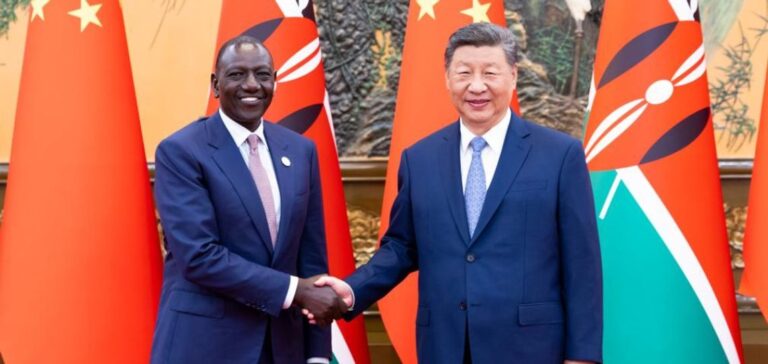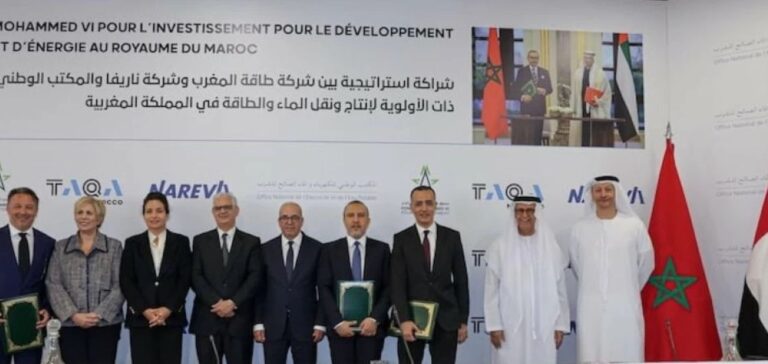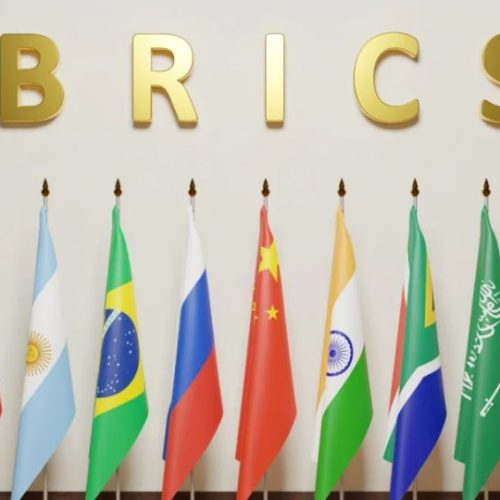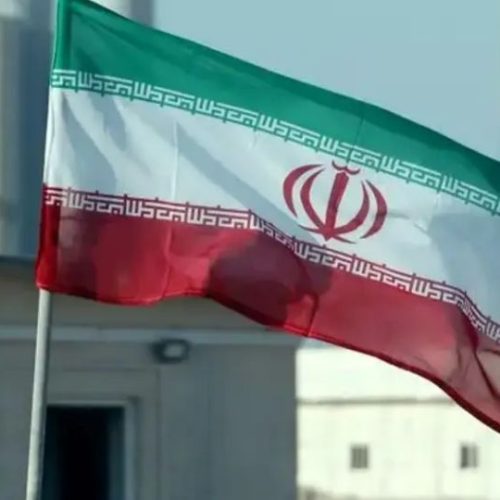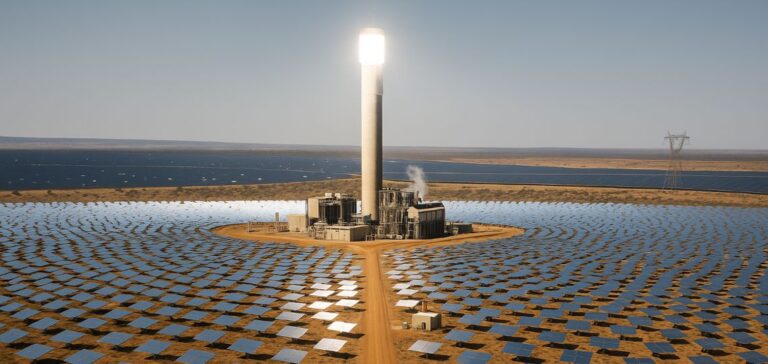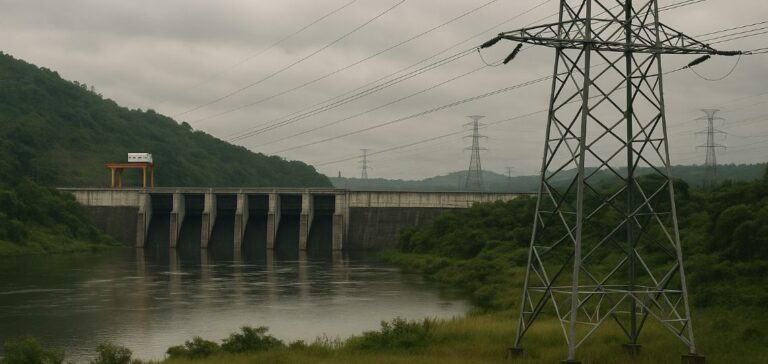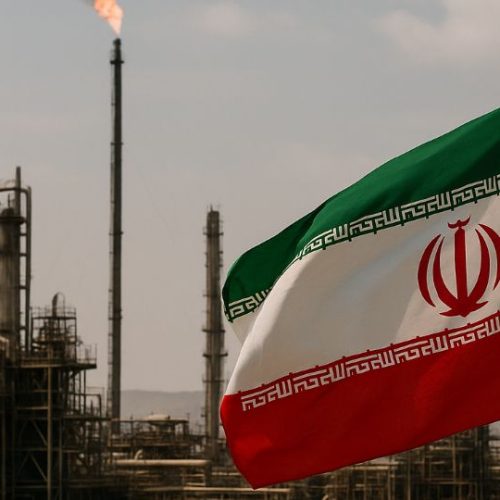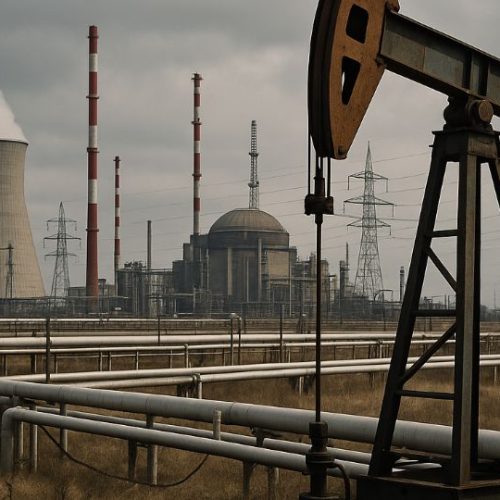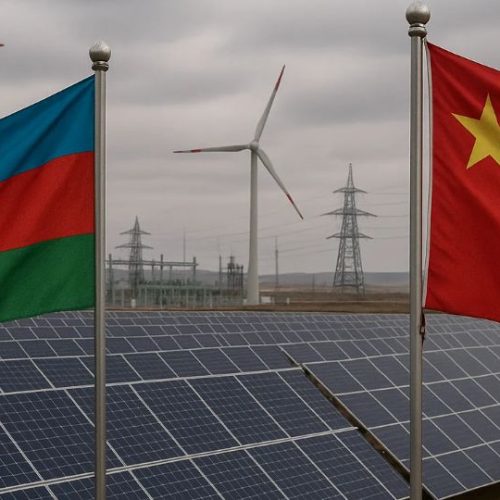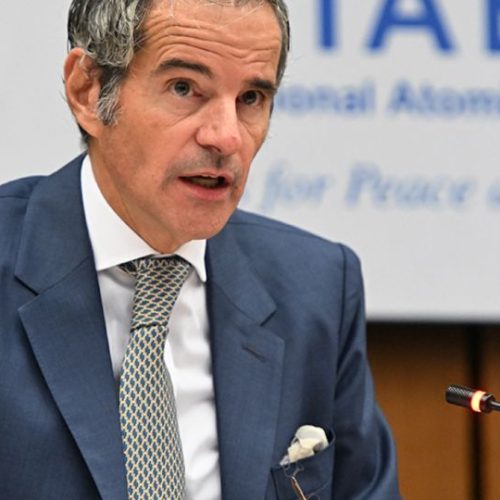Kenya, a dynamic economy undergoing an energy transition, is benefitting from a strategic energy partnership with China. In response to rising demand driven by strong population growth and the development of technology and financial sectors, the country is relying on an energy mix dominated by renewables. Today, approximately 90% of electricity produced comes from renewable sources such as geothermal, wind and solar, offering China numerous opportunities for investment and industrial cooperation. China is currently Kenya’s leading supplier of clean energy technologies, accounting for 96% of solar panels and 81% of lithium-ion batteries imported directly from Chinese manufacturers.
Chinese dominance in imported energy technologies
China’s dominance in Kenya’s clean energy equipment market is clear. In 2024, Kenya imported nearly $46mn worth of fully assembled solar panels from China, as well as lithium-ion batteries worth close to $39mn. These figures reflect not only the competitiveness of Chinese technologies but also their importance in achieving Kenya’s energy goals, particularly in addressing rural electrification deficits. These imports are supported by Kenyan government incentives, such as targeted tax exemptions aimed at reducing the cost of access to these technologies.
Financing and construction: a preference for major infrastructure contracts
Since 2010, China has committed over $7bn to energy projects in Kenya, mostly through Engineering, Procurement and Construction (EPC) contracts. Major recent projects include the Garissa solar power plant (50 MW), built by China Jiangxi Corporation and funded by a $135mn concessional loan from the Export-Import Bank of China (China Eximbank). Similarly, PowerChina is involved in the development of the Orpower 22 geothermal plant (35 MW) in Nakuru, a strategic project aimed at increasing national energy capacity while limiting carbon emissions.
A cautious strategy amid local financial risk
Despite the increase in such contracts, Chinese companies remain cautious about direct capital investments (Foreign Direct Investment, FDI) in Kenya’s energy sector, due to economic and regulatory uncertainties. The preferred approach remains concessional loans tied directly to EPC contracts, allowing Chinese firms to secure quick financial returns while minimising exposure to local risks. Since 2017, no new major energy loan has been signed, illustrating this cautious approach as the Kenyan government seeks to limit public debt.
China’s growing presence in Kenya’s energy infrastructure now raises questions about the country’s future economic and industrial developments, particularly in terms of technology transfers and local economic benefits.

